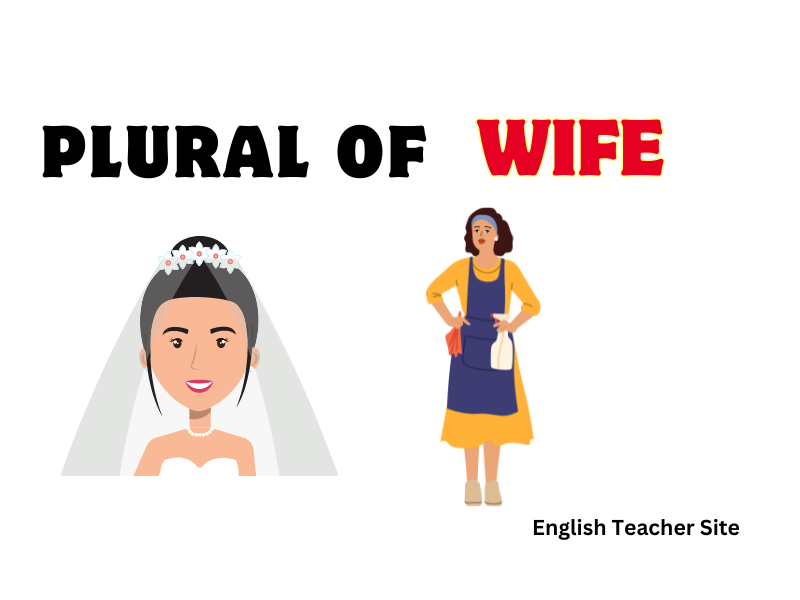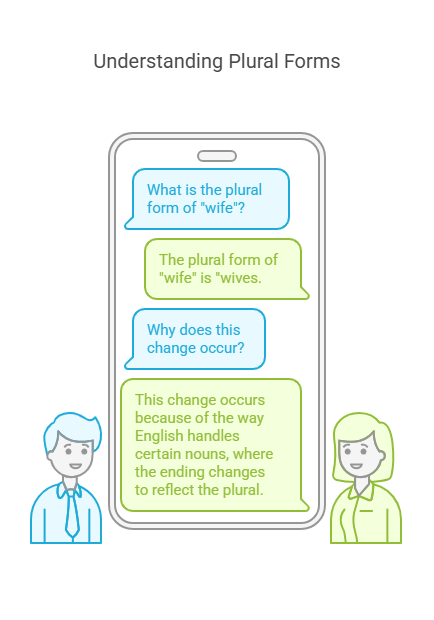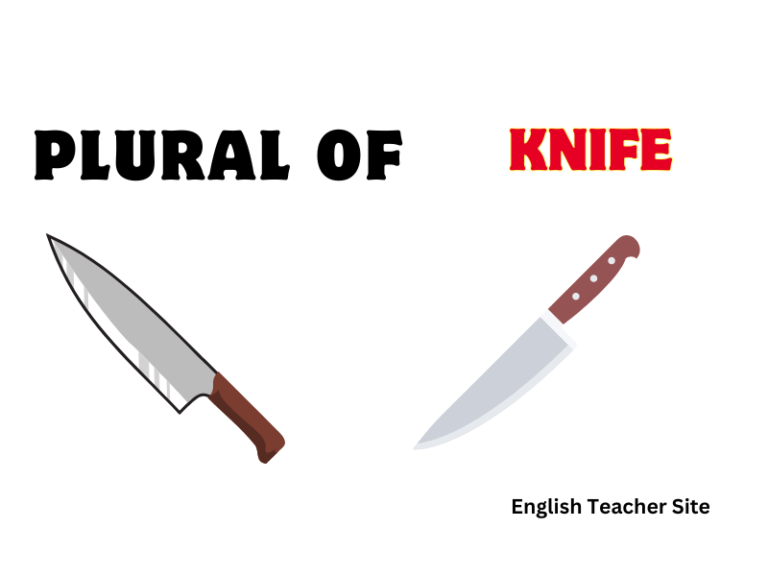Mastering the Plural of Wife: Is It Wives or Something Else?

Introduction: Understanding the Plural of Wife
Grammar is an often overlooked but essential component of effective communication. Without proper grammar, even the most profound ideas can lose their clarity. The pluralization of words, such as “wife,” is one such grammatical detail that plays a crucial role in preserving meaning. Misusing plurals can lead to confusion and misinterpretation. Take, for instance, a seemingly simple word like “wife” — changing its plural form incorrectly can make you sound unprofessional or imprecise, potentially hindering the message you’re trying to communicate.
Understanding and using grammar rules properly fosters not just accuracy, but also confidence. It sets the foundation for precise, impactful communication in both professional and casual settings. Grammar rules allow us to navigate language effectively, transforming raw ideas into clear, structured statements.
What is the Plural of Wife?
Is It Really Wives or Something Else?
The plural of “wife” is undoubtedly “wives.” This may seem intuitive to some, yet it is common to encounter confusion, especially when English presents irregular plural forms. Unlike regular plurals, which simply add an “s” or “es,” “wife” undergoes a significant change. Instead of transforming into “wifees,” the plural form becomes “wives,” preserving the integrity of its linguistic heritage.
Why this occurs is tied to the evolution of the English language. Over time, English absorbed influences from a wide range of languages, resulting in the creation of many irregular plurals that differ from the straightforward rules. “Wife” is one such example, and understanding this nuance requires both historical knowledge and an appreciation for linguistic complexity.
Breaking Down the Plural of Wife: Wives Explained
Why Wives and Not Wifees?
The shift from “wife” to “wives” follows an old linguistic tradition that sees many words with an “f” or “fe” ending change into a “ves” ending in their plural form. This rule applies to several words in the English language, such as “knife” becoming “knives,” “life” becoming “lives,” and “wolf” turning into “wolves.” The transformation is not random but is rather based on historical and phonetic principles that help maintain the rhythm and flow of the language.
Why not “wifees”? Adding “es” or “s” after the “f” in “wife” would disrupt the word’s phonetic flow. The change to “ves” makes it easier to pronounce and aligns with the evolution of other words with similar endings. This type of pluralization is part of the broader patterns found in Old English and continues to shape the way we form plurals today.

Common Mistakes with the Plural of Wife
Misunderstanding Common Singular to Plural Conversions
One of the most frequent mistakes people make with the plural of “wife” is incorrectly adding “es” to form “wifees.” This error arises because many are familiar with adding “es” to words like “box” to form “boxes” or “fox” to form “foxes.” However, because “wife” is an irregular noun, this rule doesn’t apply. “Wifees” is simply not correct, and understanding when to apply irregular plurals is crucial to mastering English grammar.
Avoiding Pitfalls in Writing and Speaking
To avoid common mistakes, it is essential to pay attention to the rules governing irregular plurals. The key is not to apply standard pluralization rules to irregular nouns like “wife.” Additionally, practicing the correct pronunciation of irregular plural forms like “wives” helps to reinforce their proper usage. Regular reading and writing, coupled with focused attention on grammar, can help solidify these concepts.
Why Mastering the Plural of Wife is Crucial
Avoiding Confusion in Communication
Mastering the plural of “wife” is important not just for grammatical accuracy but for effective communication. Incorrectly using “wifees” or confusing “wife” with other words like “women” can result in confusion and misunderstandings. Whether in speech or writing, ensuring the correct form enhances clarity and helps your message resonate more powerfully with your audience.
Strengthening Your Writing and Speaking Skills
The ability to use plural forms correctly directly impacts your writing and speaking proficiency. A strong grasp of irregular plurals elevates the quality of your communication, making it sound more polished and authoritative. It allows you to focus on delivering meaningful content rather than worrying about basic language errors.
Conclusion: Putting It All Together
Mastering grammatical details such as the plural of “wife” plays a fundamental role in shaping your language skills. It’s these small, often overlooked nuances that make a big difference in how you come across. Whether in casual conversations or professional settings, paying attention to these details elevates your communication.
Understanding the intricacies of English grammar, such as the pluralization of “wife,” empowers you to communicate more effectively. Regular practice, attention to detail, and an eagerness to learn will undoubtedly sharpen your language skills, allowing you to express yourself with clarity and confidence.
Sources
My name is Khamis Maiouf. I am the creator of the English Teacher Site, dedicated to providing valuable resources and insights for students around the world. With a passion for education and a commitment to helping students enhance their skills, I aim to make English teaching more effective and enjoyable for both educators and students.






